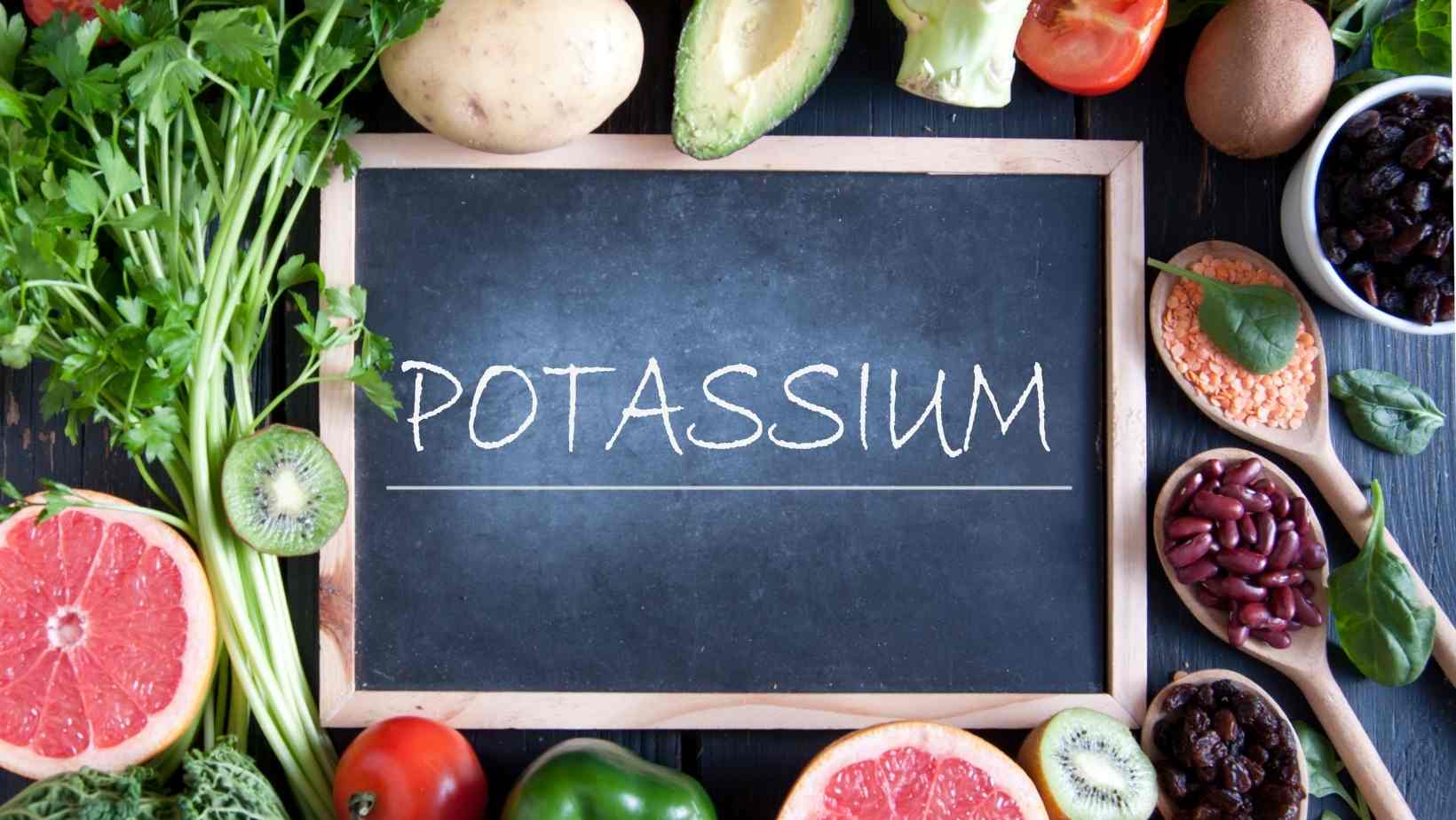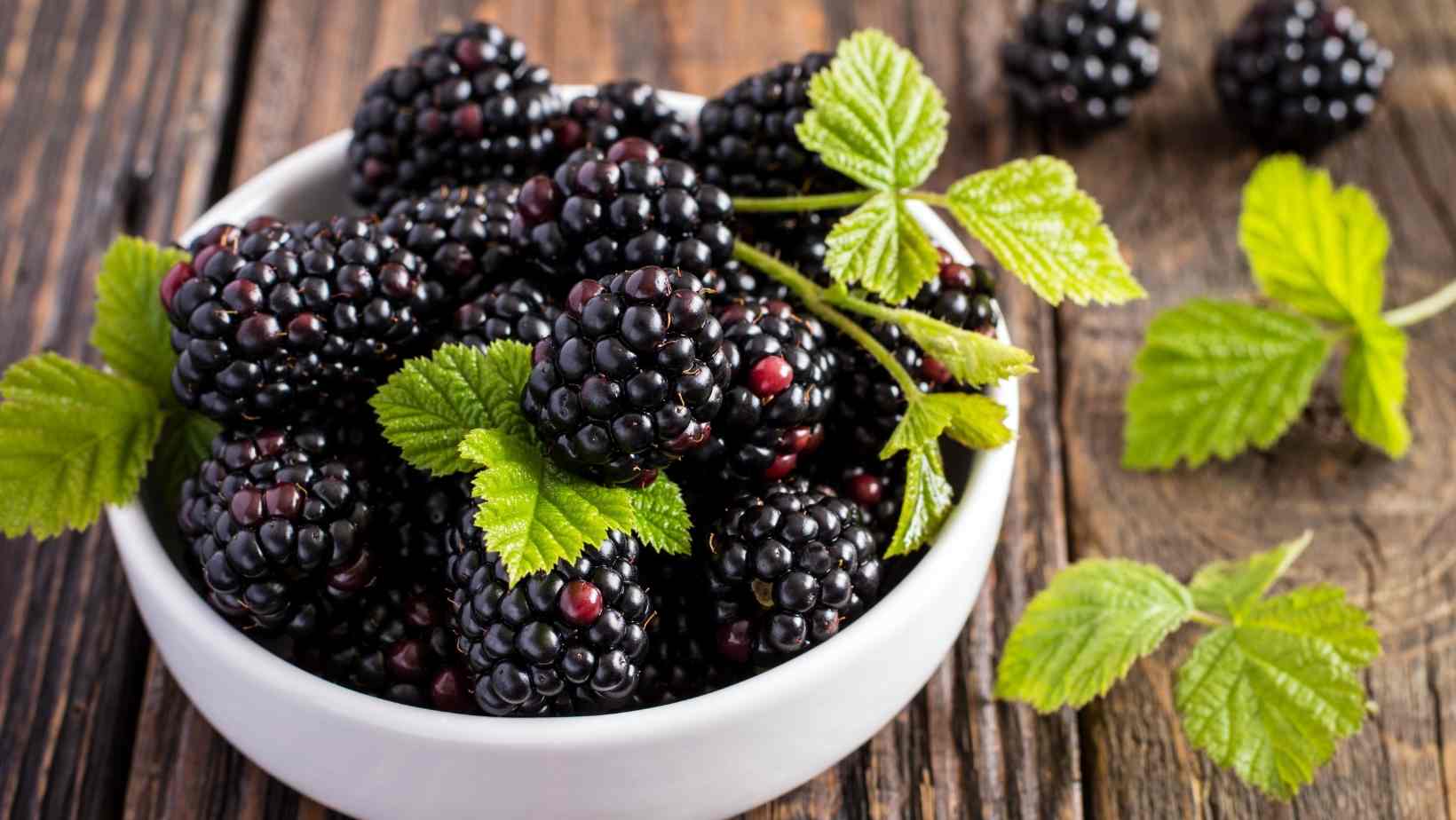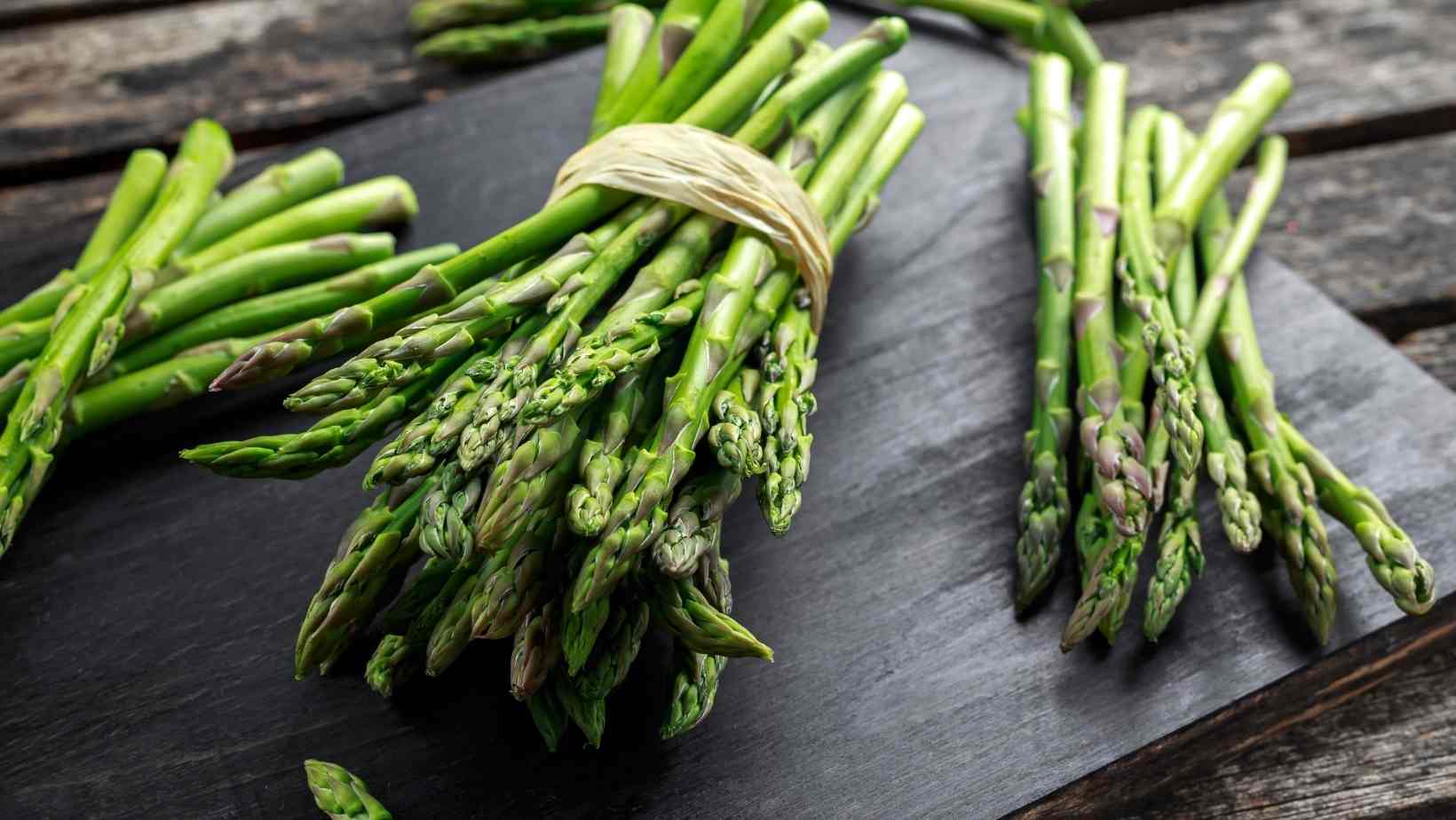Potassium is an important nutrient, which means that our bodies need it in the proper amounts in order to operate properly. It is an electrolyte that is required in our system to maintain the proper balance of fluid, muscular contraction, and numerous nerve messages. This mineral is essential for the regulation and reduction of blood pressure in the body, and as a result, it is related to heart health. It acts in conjunction with salt to maintain the body's proper PH balance.
A reality of life is that too much of anything is harmful, and the same is true for the amount of electrolytes present in our bodies. Excess potassium may be hazardous to our health since it can damage our kidneys and result in a disease known as hyperkalemia. Whereas the kidney is responsible for flushing out excess potassium from the body, an excess of potassium accumulation in the body has an adverse effect on the kidney's ability to perform its functions properly. High potassium levels may result in diabetes, heart attack, kidney stone formation, and kidney failure.

If your body has an excess of potassium levels, you should check with your doctor and follow a low-potassium diet. It is possible to integrate a variety of nutritious foods into your diet that is low in sodium and high in potassium content. However, it is important to remember to monitor your meal portions since an excessive amount of low-potassium food might be equivalent to an excessive amount of high-potassium food.
Jump to:
1. Broccoli
Broccoli is a vegetable that is very important for maintaining overall good health since it has a high amount of protein, vitamins, and other minerals, among other nutrients. Consequently, persons who desire to maintain a low-potassium diet may take broccoli in either its cooked or raw form without fear of causing any damage.
2. Apple
An apple a day keeps the doctor away because it has a high concentration of minerals such as iron, zinc, and sodium, all of which are necessary for maintaining a normal balance of electrolytes in the body. Even if you are following a low-potassium diet, you may have one or two apples each day.
3. Blackberries
Among the antioxidants found in blackberries is quercetin, which aids in the elimination of free radicals from the body. It has a high concentration of vitamin K and vitamin C, both of which are incredibly beneficial to our health. In addition, they are rich in fibre and manganese.

4. Eggplant
Eggplant is advised for persons with renal illness since it has low levels of potassium, salt, and phosphorus, making it a healthy choice. Prepare a variety of meals that use eggplant as the primary vegetable and incorporate it into your regular diet to get the benefits.
5. Salmon
Fatty fishes are an excellent source of omega 3 fatty acids, and they are highly suggested for those who wish to maintain a healthy way of life. Salmon has a high-fat content that is beneficial to heart health and maybe a mainstay for patients with heart disease.
6. Strawberries
Strawberries are abundant in vitamin C and, as a result, contain antioxidants, which are very beneficial to the body's health. A variety of additional vitamins and minerals may be found in abundance in these little fruits, all of which are incredibly good for heart and kidney function.
7. Asparagus
While these are highly suggested for those who are trying to stick to a low-potassium diet, a daily dosage of asparagus may supply you with a wealth of nutrients such as vitamins A and C, folate, iron, copper, calcium, and several other minerals.

8. Pineapple
Despite the fact that pineapples have a low potassium level, they are abundant in other minerals, which are necessary for maintaining a healthy electrolyte balance in the body. Try to consume pineapples as a fruit or as a drink on a daily basis.
Incorporating the consumption of these foods into a low-potassium diet while also maintaining a healthy balance of other minerals in one's body might aid in the achievement of the diet's goal more quickly.




